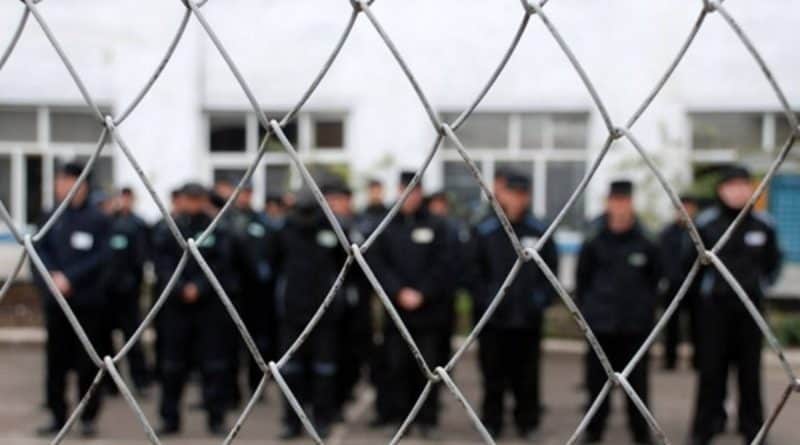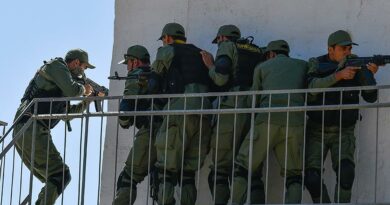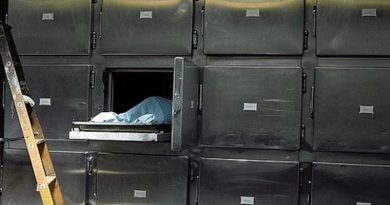Uzbekistan: former political prisoners face discrimination
The overwhelming majority of former political prisoners, who were released, didn’t receive any assistance from the state. This is stated in a special report published by the International Federation of Human Rights in support of the right of political prisoners in Uzbekistan to effective restoration of rights and compensation for damages.
According to the authors of the report, by 2014 estimates of the number of political prisoners ranged from 7,000 to 12,000. The first and most numerous group includes those convicted on trumped-up charges of a political nature. These are hundreds of officially convicted persons, in particular, under articles 157 and 159 of the Criminal Code (high treason and infringement of the constitutional order of Uzbekistan, respectively).
The second, even larger group, mainly consists of so-called religious prisoners, in particular those convicted under article 155 (terrorism or extremist crimes) on the basis of falsified or tortured evidence. Conviction is usually also based on article 244-2 (organization and participation in religious extremist, separatist or other prohibited organizations).
A third, relatively small group includes opposition activists, political dissidents, journalists and human rights defenders, who were convicted of criminal offenses such as drug possession and theft. Members of this group, which until 2016 ranged from 25 to 30 people, were charged with common crimes at the same time as charges of political or terrorist crimes.
After amnesties and pardons since the beginning of the President Mirziyoev’s rule, released prisoners have been able to return to their families. Relevant ministries have been instructed to assist former prisoners in social adaptation, employment and return to a dignified role in society. These instructions were a tribute to the recommendations of international treaties, in particular, on the adoption of measures for the rehabilitation and reintegration of former prisoners into society, including through the immediate and full restoration of their civil, political, economic and social rights, as well as measures to ensure prompt, impartial and effective investigation of cases of torture and cruel treatment.
In fact, none of these recommendations has been implemented. Political prisoners returned home, psychologically and physically broken as a result of long separation from loved ones and many years of imprisonment. They found themselves without work and any source of income, some were not allowed to find employment because of their age and poor health, as well as the stigma of a criminal sentence that remained on them.
The status of released political prisoners as victims of human rights violations has not been recognized, and as former political prisoners, they and their families face discrimination and social stigma. The former prisoners were not provided with compensation, medical or psychological assistance for their suffering. Illegally convicted people were unable to even obtain their initial convictions and other court case materials, including those related to the charges and evidence presented in court, which would have allowed them to bring legal action.
Family members of political prisoners were also harassed and intimidated by the authorities. Many of them have had to experience adverse physical, psychological and financial consequences of prolonged or repeated detention of their relatives, also without any compensation.
Former political prisoners also reported that the state didn’t provided them with free legal assistance for reinstatement or any kind of advice. Legal aid is provided to some of them, but it’s provided free of charge or with the material support of international NGOs, which attracts the attention of local security services.
The authors of the report argue that the national system is broadly in line with international law, but fragmented and incomplete, especially in the area of medical and psychological rehabilitation. With regard to compensation, the payment mechanism provides for compensation for moral damage, available only through civil proceedings, after a criminal conviction. Moreover, the remedies for restoration of civil rights are limited and applied solely at the discretion of the judge.
There are only two known cases of a fair judicial verdict. As ACCA previously wrote, former political prisoner Chuyan Mamatkulov won a case against the state, challenging a six-year stay in Jaslyk prison, which has become a symbol of totalitarianism in modern Uzbekistan. On October 9, 2020, the Regional Civil Court of Kashkadarya made a decision to recover $ 5,800 from the state. In December, 35-year-old resident of the village of Gubdin (Karshi district, Kashkadarya region of Uzbekistan), Elyor Tursunov, received compensation from the state for moral and material damage in the amount of $ 8,650 for illegal imprisonment and serving a prison term in Jaslyk prison, where he spent 6 years 11 months and 10 days.




